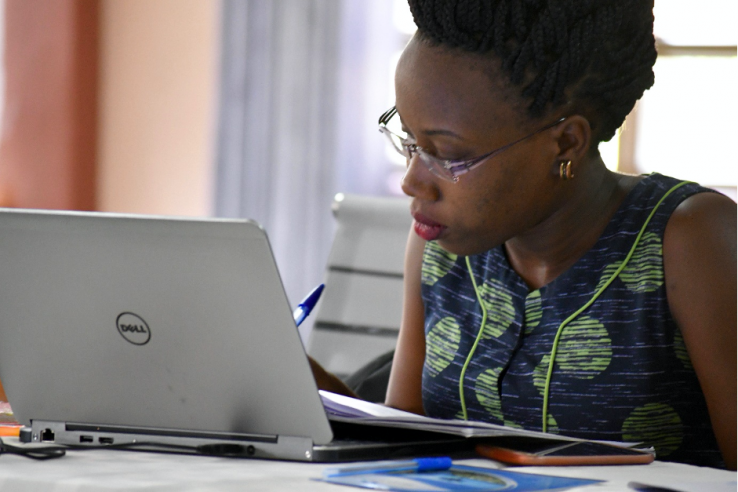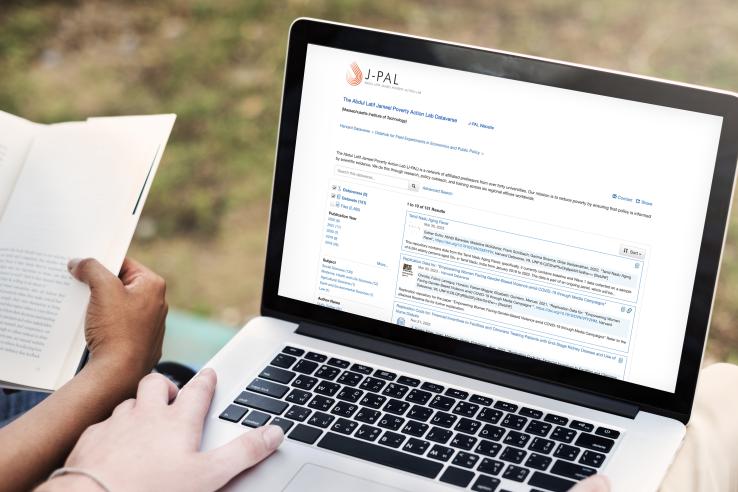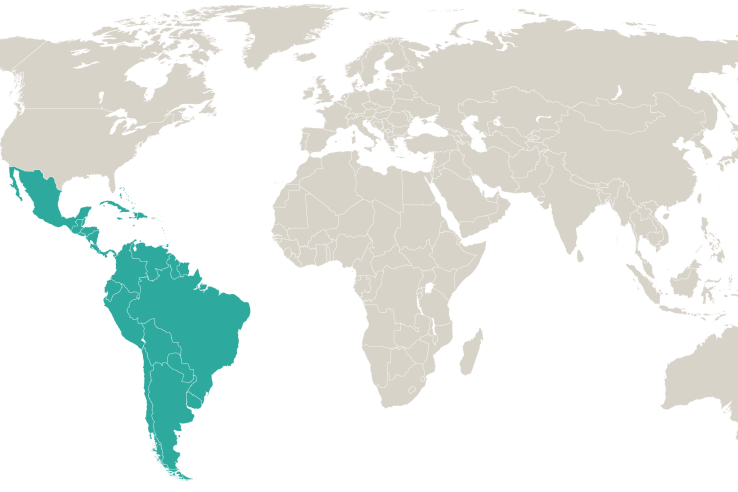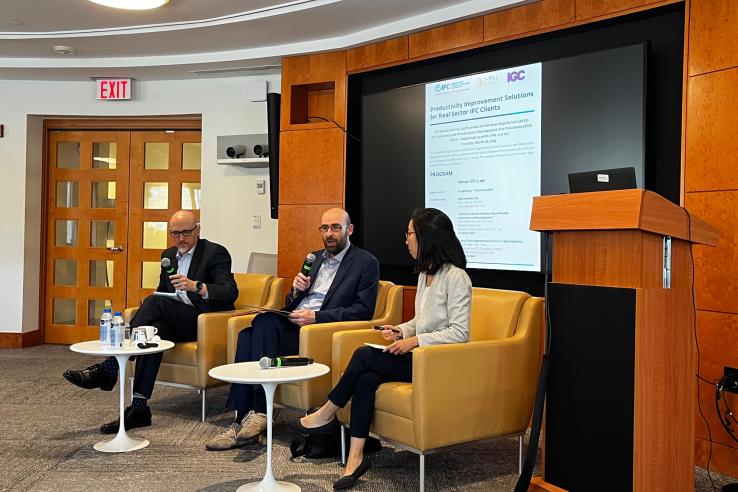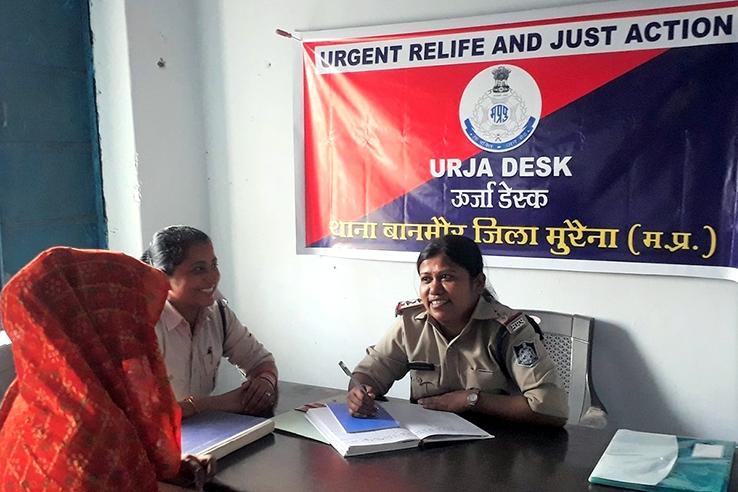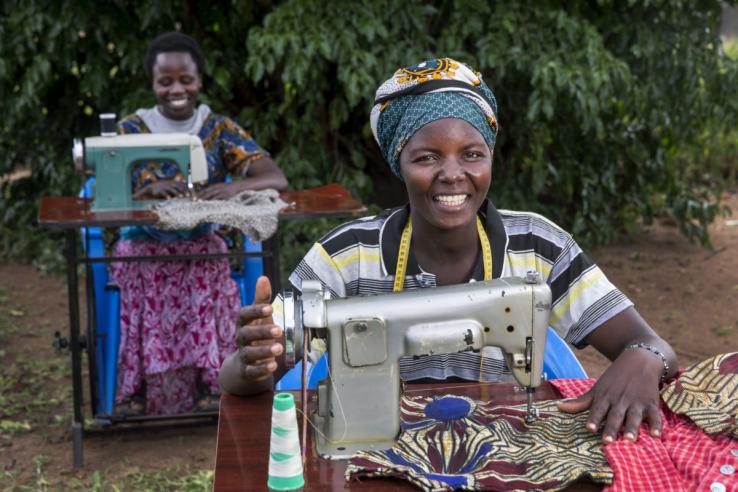Displaying 4021 - 4035 of 8446
Blog
In the second part of this series, Shobhini Murkerji dives into her second lesson learned: Don’t trade for short gains—play the long game.
Update
J-PAL Updates
J-PAL North America's March Newsletter features reflections on our recent work and upcoming plans to advance rigorous research on racial equity, including our seven-part blog series on how research plays a critical role in identifying systems and policies that further racial equity.
Event
This five-day academic workshop on conducting randomized evaluations aims to strengthen the knowledge and further develop the good practices of participants who are already well-versed in the methodological foundations of impact evaluations.
Evaluation
Researchers conducted a randomized evaluation to test the impact of short informational meetings with students and parents on secondary school choice. They found that these meetings increased students’ and parents’ knowledge of the application process and led students to pick lower-cost and more commutable schools.
Update
J-PAL Updates
The April 2023 Newsletter highlights 15 ways to make the most of the J-PAL Dataverse, an updated policy insight on vocational and skills training programs to improve employment outcomes, and features upcoming trainings and events.
Person
Update
J-PAL Updates
New J-PAL LAC quarterly newsletter in English, Spanish, and Portuguese. We hope that this newsletter offers you helpful resources for improving lives through evidence in Latin America and the Caribbean!
Blog
Can more firms learn from randomized evaluations to improve business operations in developing economies? How can development institutions better support clients to achieve sustainable growth and key performance improvements in terms of productivity, gender, work-related practices, skills, and other...
Event
Tres organizaciones con experiencia en monitoreo, evaluación y educación compartiremos nuestra experiencia usando recursos y aplicaciones de monitoreo y evaluación de libre acceso para la sociedad civil y el sector privado.
Person
Person
Blog
J-PAL affiliated professor Sandip Sukhtankar (University of Virginia) and co-authors, in collaboration with the Madhya Pradesh Police Research and Training Department, conducted a randomised evaluation to test the impact of gender-targeted police reforms in the state of Madhya Pradesh in India.
Blog
Homelessness in the United States is a pressing issue that requires increased research on effective strategies to address it and foster long-term housing stability. With grant funding from Google.org — Google’s philanthropic arm—the Bay Area Evaluation (BAE) Incubator supported Bay Area service...
Evaluation
Researchers in rural Western Uganda tested whether a microfinance program can help women borrowers switch out of subsistence agriculture to other labor activities, such as entrepreneurship or small-scale trading. While microloans helped women switch into service-based jobs including small-scale trading, they had no impact on income, spending, savings, and overall wealth.
Person


